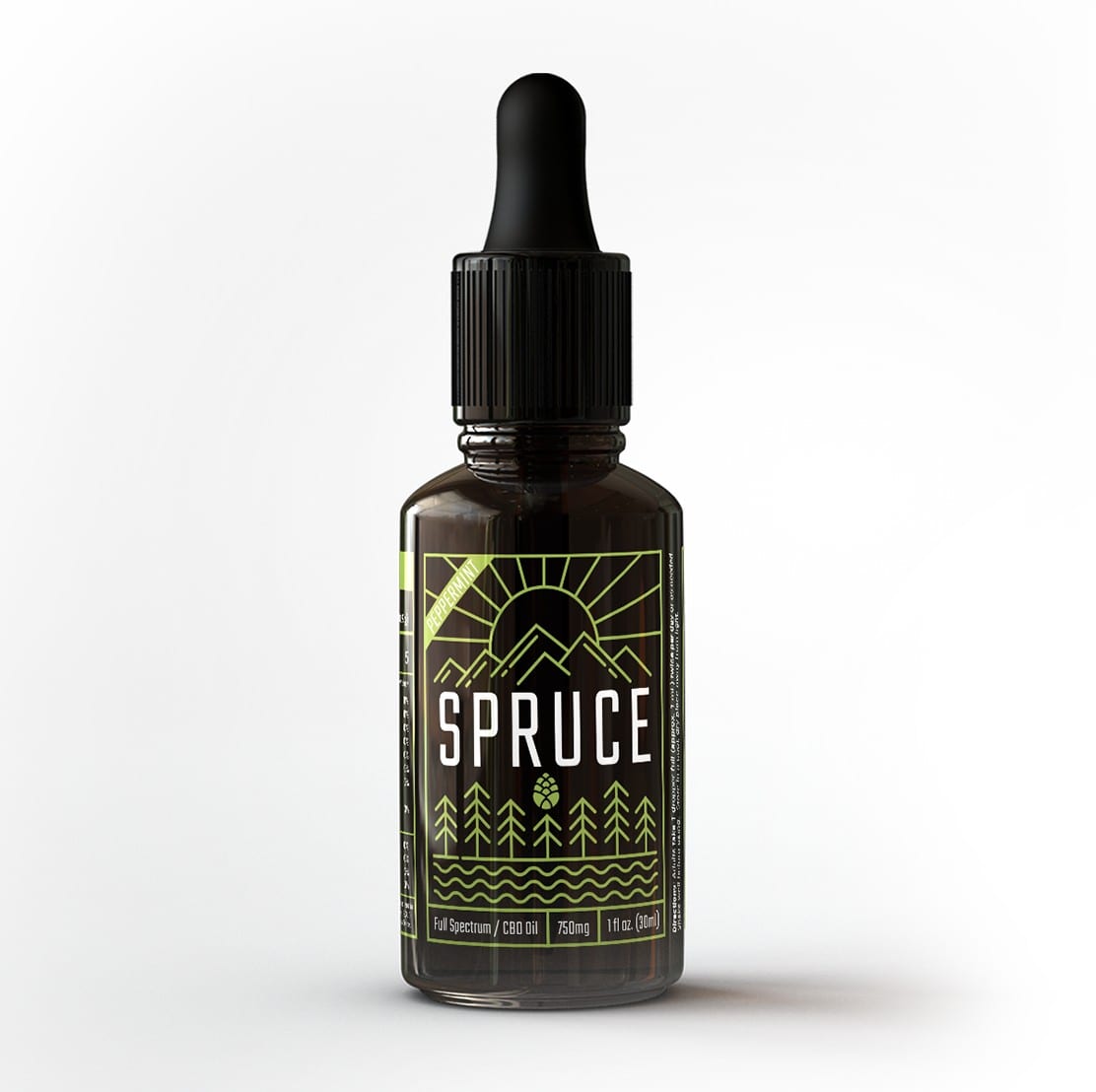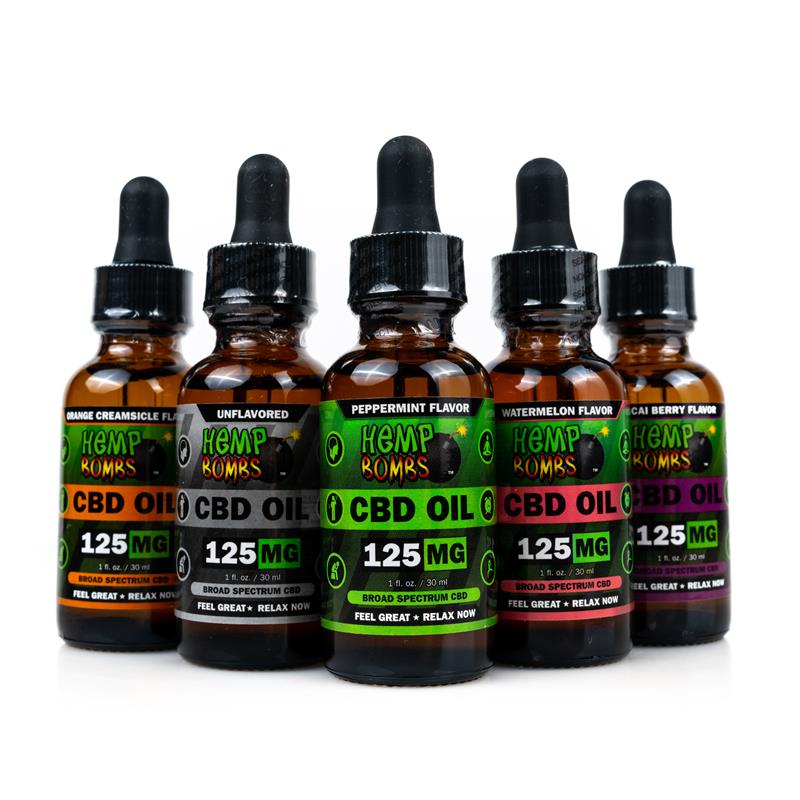Unlocking Quality: Exploring Certified CBD Companies
In an era where CBD products are flooding the market, finding a reputable source can feel like navigating a maze blindfolded. Among the many options available, certified CBD companies stand out as beacons of reliability and quality. But what exactly does it mean for a CBD company to be certified? Understanding the standards behind certification is crucial for consumers seeking safe and effective CBD products. If you’re on the hunt for trustworthy CBD sources, read Observer reviews here for insights and recommendations.
What is Certification and Why Does it Matter?
Certification for CBD companies involves meeting specific criteria set by regulatory bodies or independent organizations. These criteria typically encompass aspects such as product quality, safety, potency, and adherence to industry best practices. Certification serves as a stamp of approval, indicating that a company has undergone rigorous evaluation to ensure its products meet high standards.

Navigating the Landscape of Standards
The CBD industry needs more unified regulations, leading to a patchwork of standards and certifications. However, several reputable organizations offer certifications or seals of approval, including the U.S. Hemp Authority, the American Herbal Products Association (AHPA), and the National Cannabis Industry Association (NCIA). Each certification comes with its own set of requirements, providing consumers with varying levels of assurance.
Understanding Third-Party Testing
Central to certification is the practice of third-party testing. Reputable CBD companies regularly conduct these tests through independent laboratories to verify the potency and purity of their products. By outsourcing testing to impartial experts, companies can ensure transparency and integrity in their operations. Consumers should look for CBD companies that openly share their third-party testing results, as this demonstrates a commitment to quality and accountability.
Certification Beyond Compliance
While meeting regulatory requirements is essential, certified CBD companies often go above and beyond mere compliance. They prioritize quality control measures throughout the production process, from sourcing raw materials to final product distribution. Additionally, certified companies may invest in research and development to innovate new formulations or improve existing ones, further enhancing the efficacy and safety of their products.
The Importance of Transparency and Education
Transparency is a hallmark of certified CBD companies. They prioritize clear labeling, providing detailed information about ingredients, dosage, and usage instructions. Moreover, they actively engage with consumers, offering educational resources and customer support to address inquiries and concerns. By fostering transparency and education, certified CBD companies empower consumers to make informed decisions about their health and wellness.

Conclusion
Certified companies offer a beacon of trustworthiness and quality in a rapidly expanding market flooded with CBD products. Certification signifies a commitment to meeting stringent standards and prioritizing consumer safety. By understanding the criteria behind certification and seeking out reputable sources, consumers can confidently navigate the CBD landscape. Remember, when in doubt, read Observer reviews here for guidance on finding certified CBD companies that prioritize excellence and integrity.

